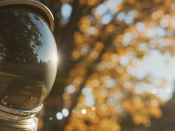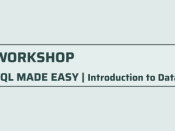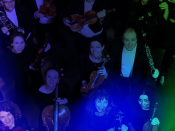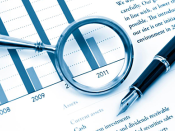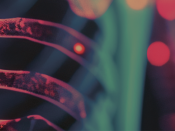Por Robert W. Clowes (IFILNOVA).
One controversial vantage-point on the new generative AI is over the relevance of 4E cognitive science (Varela, Rosch and Thompson, 1991; Clark, 1997) to its genesis, development and future. Some strands of 4E cognitive science such as the programmatic work of Rodney Brooks (1991), with creatures, mobots and subsumption architectures, seems to suggest notions about intelligence and how to build AI systems which are, on the face of it, deeply at odds with today's generative AI. ChatGPT, Dall-E and LaMDA seem to be more directly inheritors of connectionism than 4E cog sci and if anything are examples of 0E cognition. Moreover, the analysis of such systems by their creators seems to be shot through with (versions of) representationalist assumptions (LeCun et, al., 2015; Sejnowsk, 2018) many believed needed to be transcended (Hutto, 2015). One might think that with the advent of deep learning and generative AI at least the radical anti-representationalist flavours of 4E cognitive science may now face a severe challenge.
In this talk I will survey the new landscape of (deep learning) generative AI especially from a 4E cognitive science vantage point and ask: Does the new AI really clash with 4E cog sci, behaviour-based robotics and its inheritors, and if so, what does that say about the broader 4E programme? I will offer three possible paths forward for the 4E program in the wake of generative AI and predictive processing. From these I offer my own preferred approach that emphasizes the possible heterogeneity of cognitive systems both natural and artificial which takes a more ecumenical approach to 4E cognitive science within the current generative landscape.
- Brooks, R. (1991). Intelligence without Representation. Artificial Intelligence (47), 139-160.
- Clark, A. (1997). Being There: Putting Brain, Body, and World Together Again. Cambridge, MA: The MIT Press.
- Hutto, D. D. (2015). REC: Revolution Effected by Clarification. Topoi, 1-15.
- LeCun, Y., Bengio, Y., & Hinton, G. (2015). Deep learning. Nature, 521(7553), 436-444.
- Sejnowski, T. J. (2018). The deep learning revolution: MIT press.
- Varela, F. J., Thompson, E., & Rosch, E. (1991). The Embodied Mind. Cambridge, MA: MIT Press.
Transmissão via Zoom (pw: 270389).



